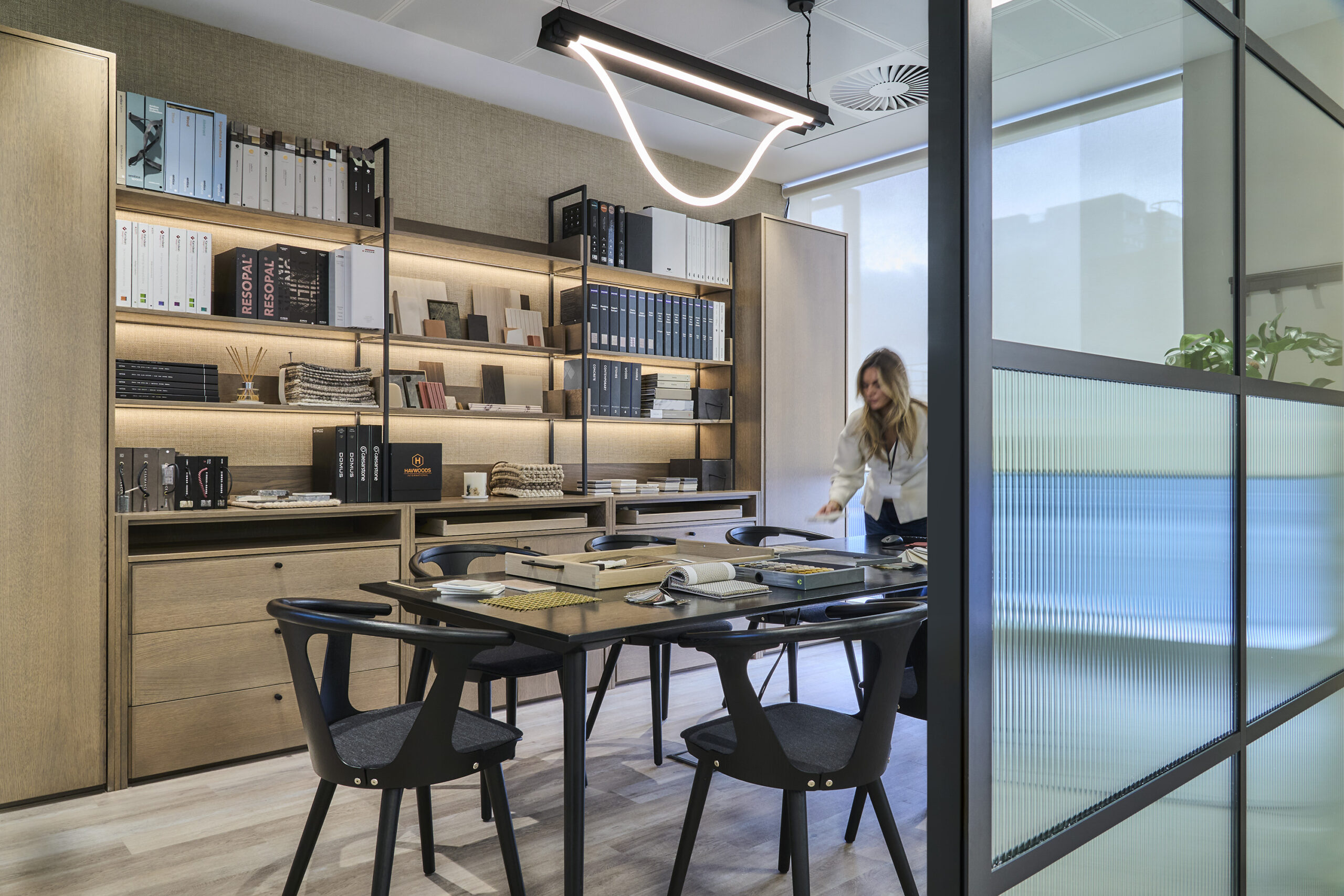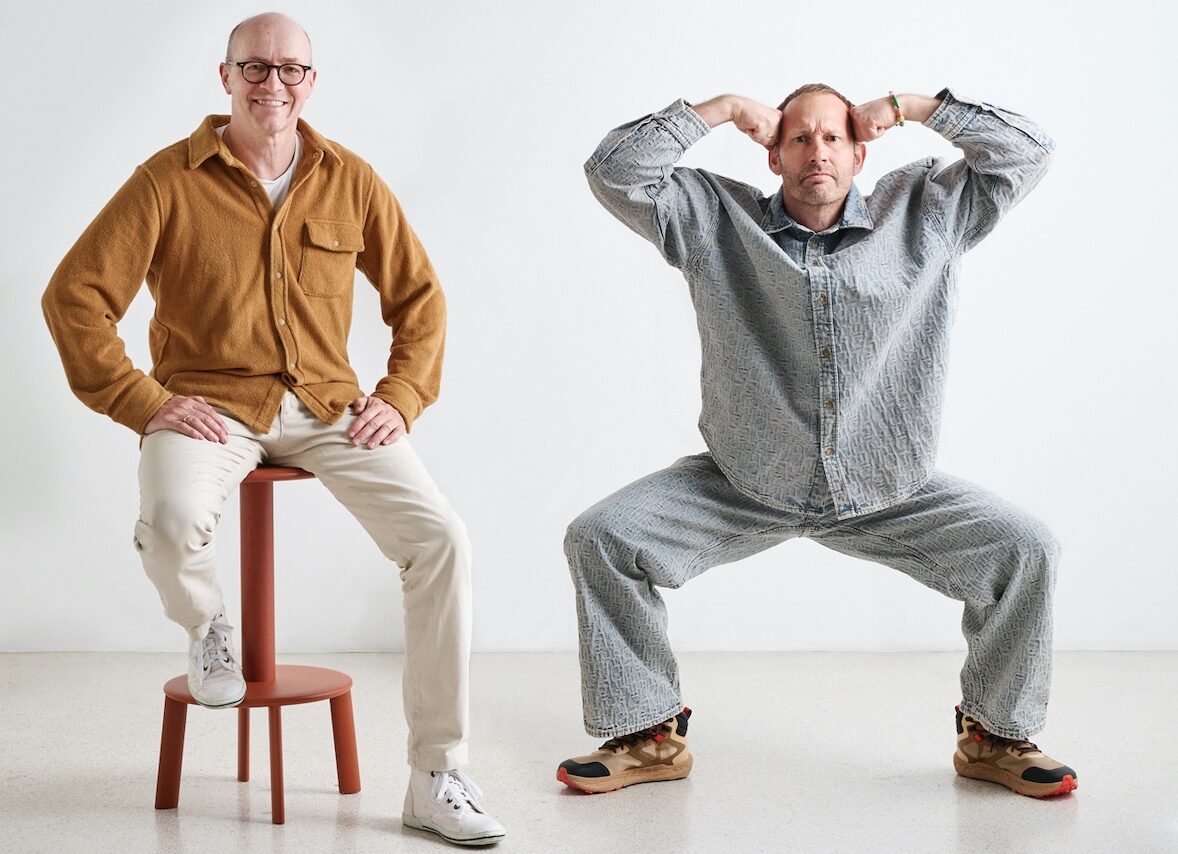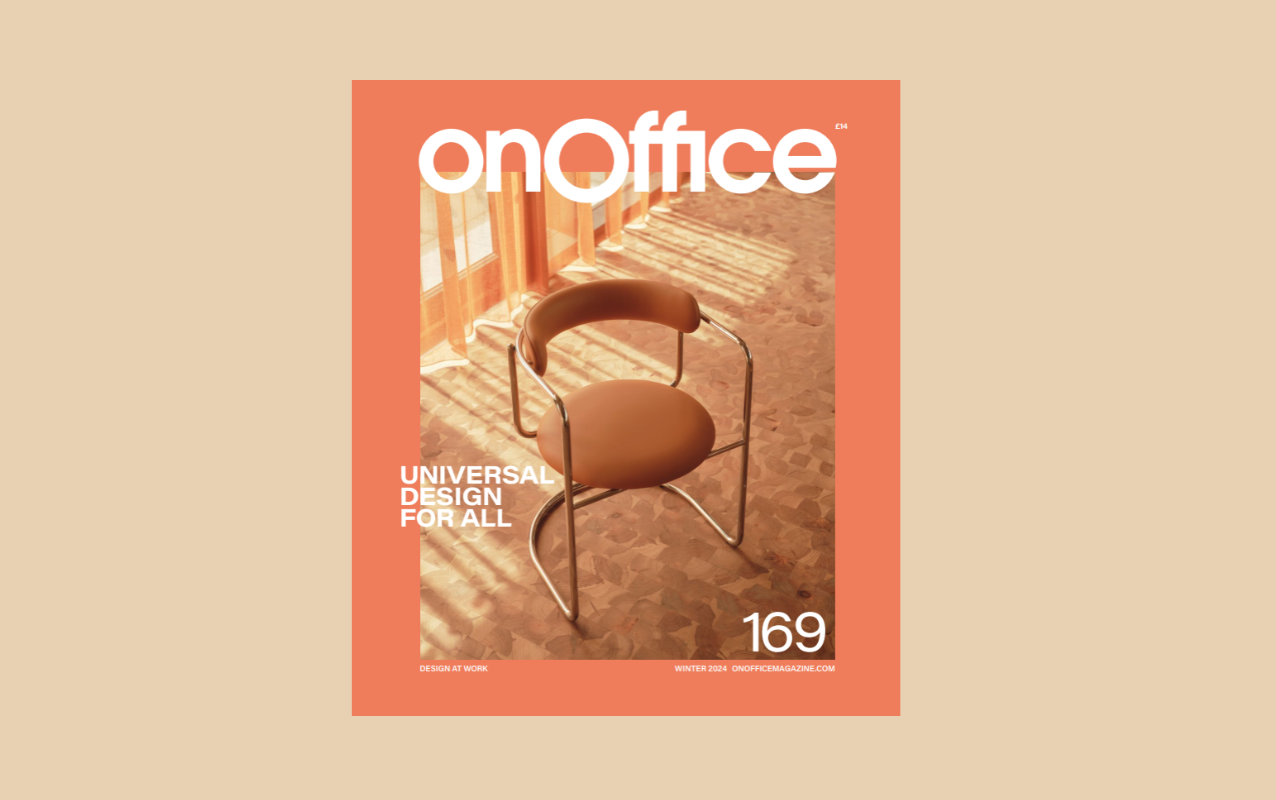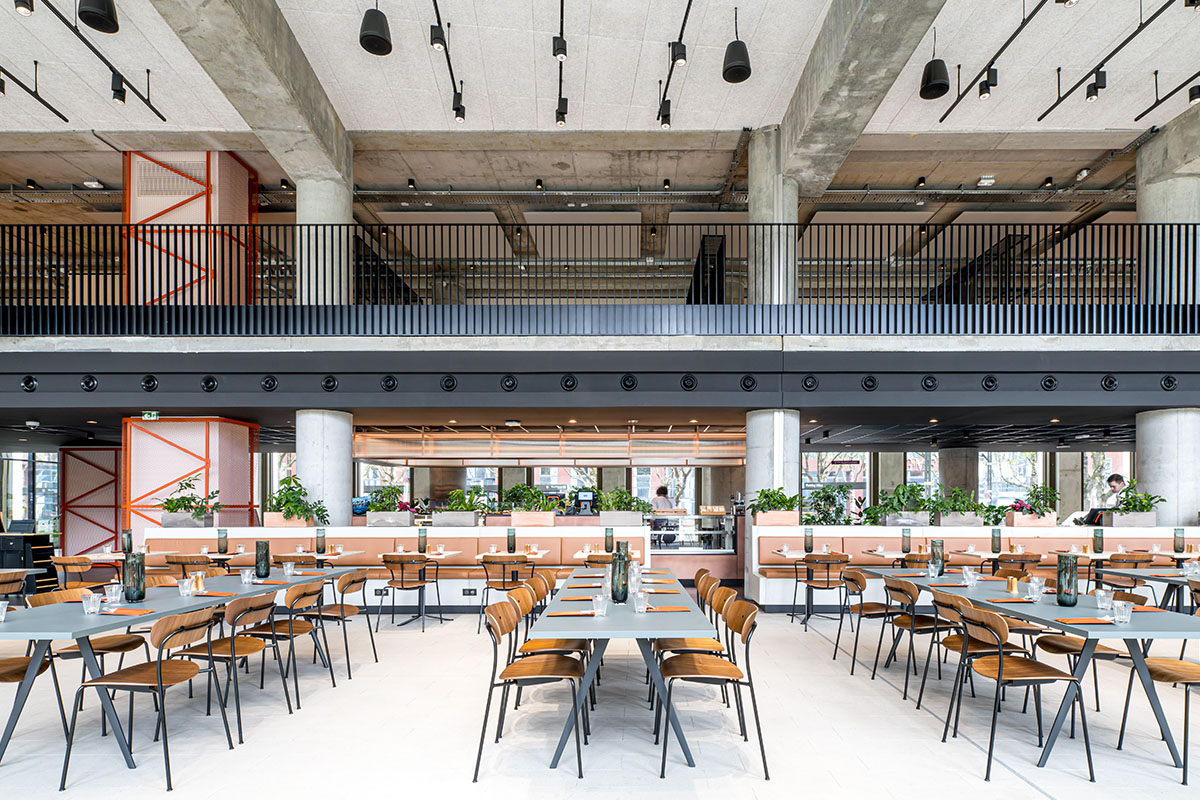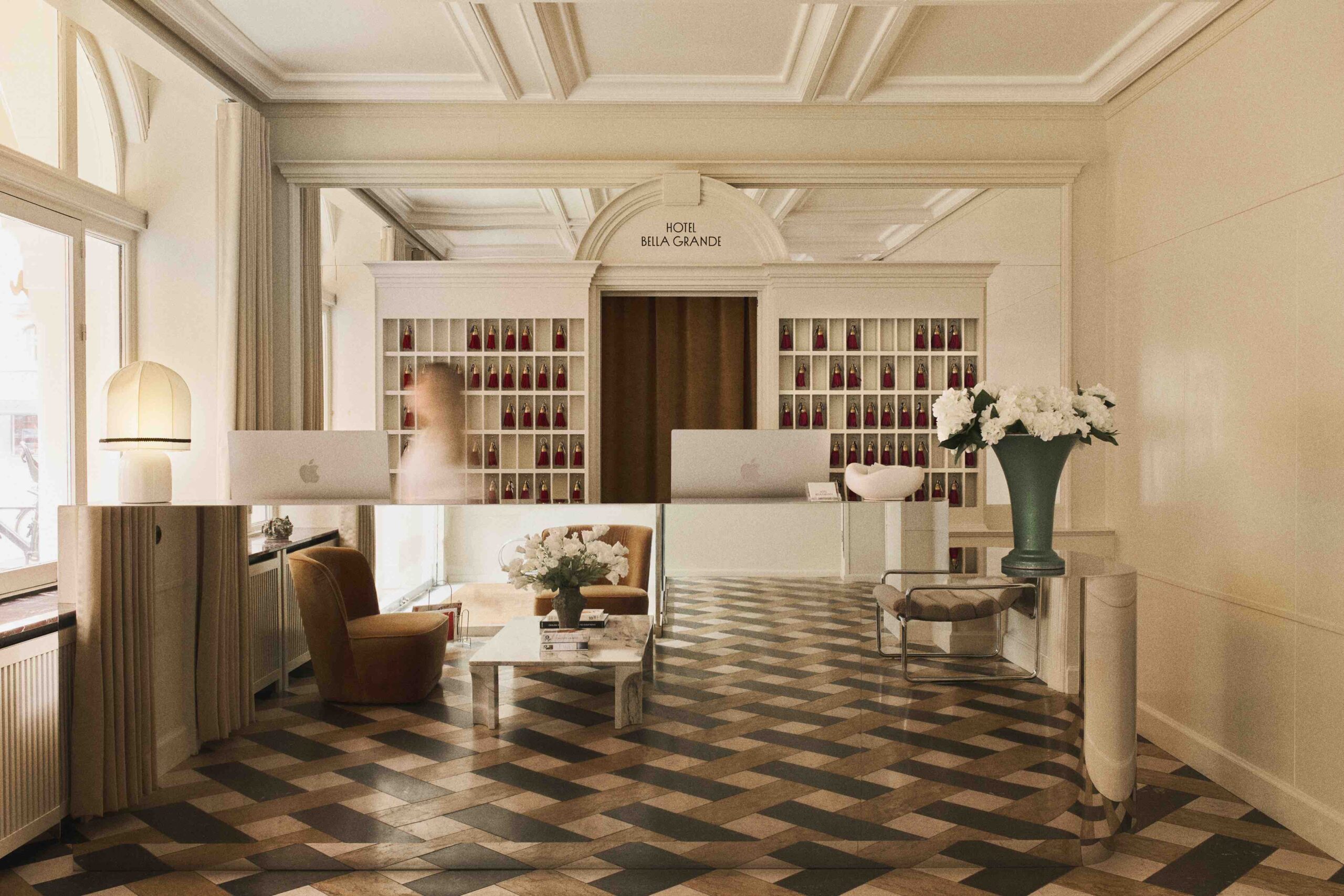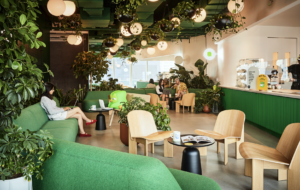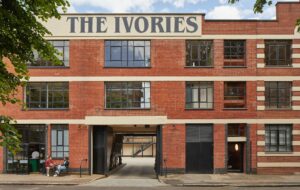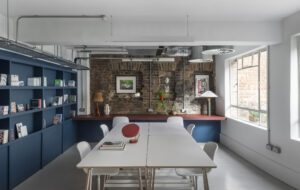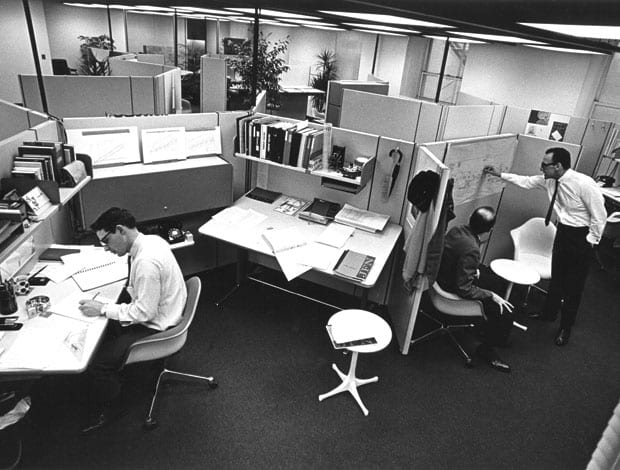 ||
||
The future of work is much debated, across many sectors, and while there are those that think this debate is futile, for me it will always be valuable as long as the outcomes are seen not as predictions but as pointers to potential scenarios. I am always reminded of business change expert Arie de Geus’ observation: “Scenarios are stories, they are works of art, rather than scientific analyses. The reliability of [their content] is less important than the types of conversations and decisions they spark.”
At the Future Agenda discussion, we were debating the future of work in the context of the whole work arena, and not just the future of the office. Patrick Harris, co-founder of Future Agenda, and his team had pulled together a diverse group to ensure the debate was varied and wide-reaching. It would be impossible to cover everything that was mentioned at the even, but here are my top three observations:
Two-Way Trust
Work is moving towards a more collaborative style than ever. The removal of cubicle walls and corner offices for management are bringing people together. The discussion at Future Agenda pinpointed that trust is a key part of successful collaboration, and while it is a word that is continually used within HR, talking about it doesn’t make it happen. Work needs to become more democratised – your best ideas can come from anywhere in the business – and workplaces and work cultures need to change to capture this.
The challenge of automation
The debate turned towards the need to make positive choices to avoid a world of increased automation with surplus people seeking employment and greater economic exploitation of those in work.
During this part of the discussion things took a more pessimistic turn, but some might say it is also a realistic challenge that needs to be faced. The potential impact of getting this wrong include political tension, social disorder and a plethora of wasted towns and small or poorly located cities as people migrate to job hubs in the ‘mega cities’. To avoid this we need to move to a more democratic decision making. There is also a need to devolve autonomy and resources evenly across the regions, and generally gain a better understanding of social value. This would drive a more collaborative (rather than competitive) economy.
meaning as well as money
The discussion identified that a successful shift toward “meaning rather than money” would result in new ways to measure success within an organisation. To see this happen, the focus needs to begin with the people and then the buildings which house them, to make the workplace human centred.
The idea of facilities managers becoming community managers was voiced; a change to a role that would involve ensuring that the buildings support the relationships between people. In addition, a key part of the discussion was the need for wellbeing, in its true holistic sense, to be embraced and encouraged across businesses. Some thought needs to be given to measuring what matters to people, and to assessing the value of things that aren’t so easily measured.
The three broad ideas that came up in the discussion are worth further debate and analysis. Future Agenda’s LinkedIn group is a good place to become a part of the debate. As already mentioned, these are not meant to be predictions, and like most scenario exercises, the eventual outcome will probably be a combination of all three.
It is also important not to take the output from this event without considering the other workshops that have been facilitated across the world. “Experience shows that change often occurs at the intersection of different disciplines, industries or challenges,” writes Future Agenda on its website.
“This means that views of the future that focus on one sector alone have limited relevance in today’s world. In order to have real value, foresight needs to bring together multiple informed and credible views of emerging change to form a coherent picture of the world ahead. Future Agenda aims to do this by providing a global platform for collective thought and innovation discussions.”
When the work of Future Agenda is completed later this year, we will have a repository of thoughts from across the world that will help individuals, institutions and corporations prepare for what lies ahead. As much as we may try, we cannot predict what the future might hold. However, with considered input from a cross-section of professions, we can do as much as we can to be ready. Or as Louis Pasteur, 19th-century chemist and microbiologist, put it: “Chance favours the prepared mind.”
Future Agenda is a global foresight programme that has identified the workplace as one of its key topics for debate. Mark Catchlove, director of insight at Herman Miller, reports back from its recent Future of Work event, where experts discussed the changes that might take place by 2025

